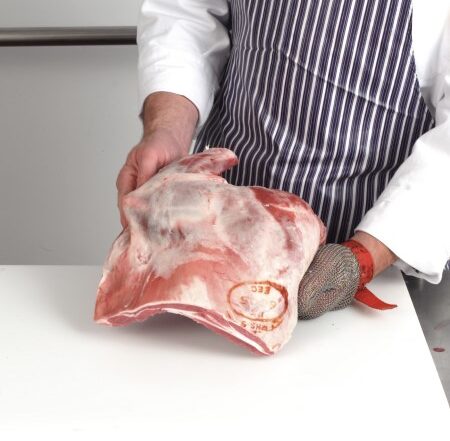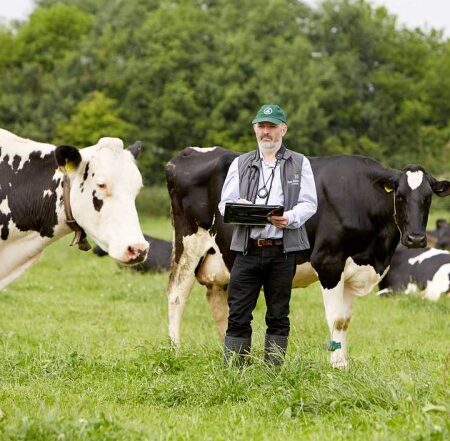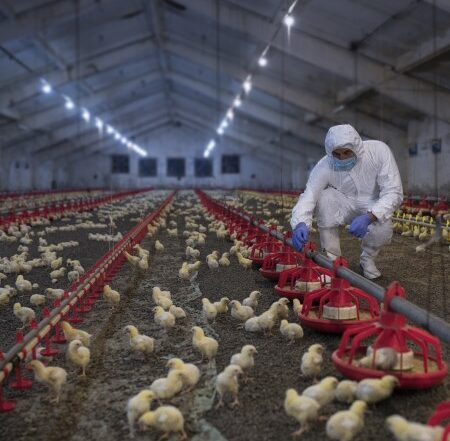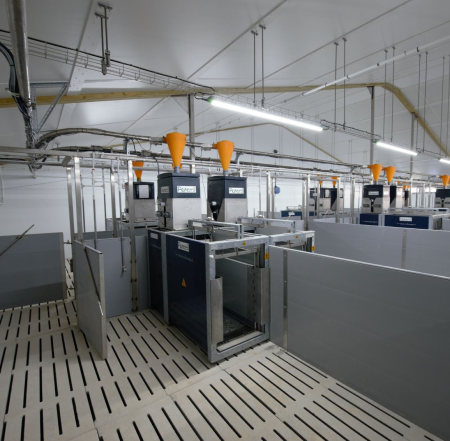CIEL | Case Study: Battling Bovine Tuberculosis
Genetics | Reproduction | Behaviour | Nutrition | Health & Welfare | Productivity | Food Integrity | Environmental Impact
Challenge
Bovine tuberculosis (TB) is one of the biggest challenges facing the UK cattle farming industry today. Control of the disease in cattle by vaccination may be possible, however there are no licenced vaccines currently available. Further understanding of the nature of vaccine-induced protective immunity is essential for the design of new vaccines and the implementation of successful vaccination strategies.
Action
Whilst there are currently no effective, deployable vaccines for bovine TB, the Bacillus Calmette–Guérin (BCG) vaccine used in humans is known to induce protective immunity in calves. Researchers at the world-renowned University of Edinburgh Roslin Institute are studying immune responses to the BCG vaccine to understand the mechanisms of protective immunity. This knowledge can be used for further vaccine design and implementation. One technique being used is a surgical model in calves that allows for the collection of cells that directly interact with vaccines following their injection into the skin. Studying these cells offers unique insight into the early vaccine-induced response and helps to understand how protective immunity is generated.
Impact
The ‘vaccinate and challenge’ model for screening vaccines is lengthy, costly and sometimes offers little insight into why a vaccine has failed. The tools developed by the Roslin team allow for the assessment of early vaccine induced responses and will provide understanding as to why vaccines are (or are not) effective. These studies will enable us to define ‘signatures’ associated with successful vaccination enabling screening of new vaccines or testing of new vaccination regimes. This will potentially reduce the need for large scale animal studies. This novel approach to understand how protective immunity is induced can be applied to studies of a wide range of animal diseases, as well as bovine TB.
One Health
Bovine TB has significant impacts on the human population, not least because of the large economic burden to the farming industry. Alongside this, the causative organism of bovine TB, Mycobacterium bovis, can cause TB in humans, and is therefore a zoonotic risk. Understanding the nature of protective immunity in cattle can provide important insights for the control of TB in humans. Notably, the immunology and pathogenesis observed in humans and cattle with TB are very similar. Thus, cattle have been suggested as suitable models to study human disease. This fits firmly within the One Health agenda where research impacts on both human and animal health.








